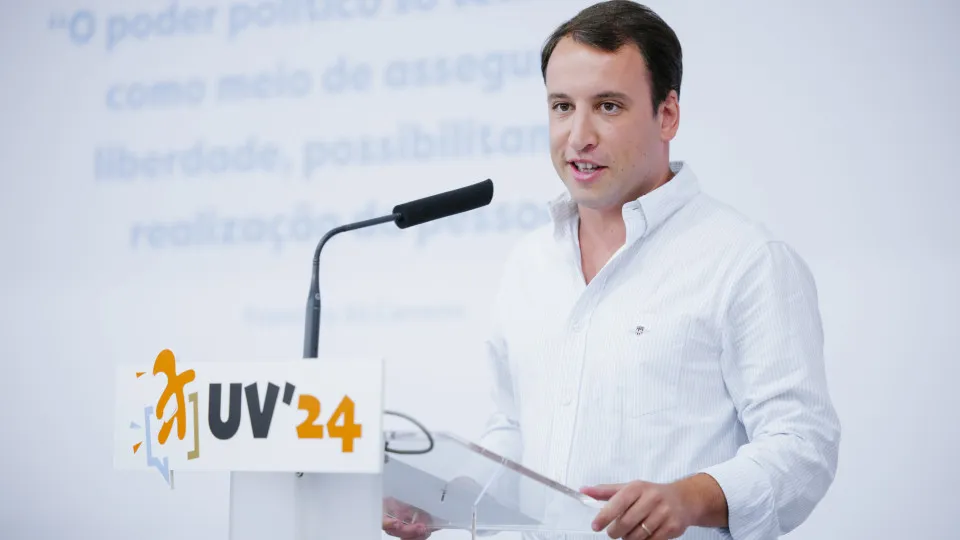Donations should preferably be made via bank transfer, as cash donations present some challenges, stated Jorge Silva, head of the Order of Notaries.
“I emphasize something quite important, which is for people not to make cash donations. Cash donations always present a problem in terms of justifying the origin of the money and why it was donated and the manner in which it was donated, particularly for the recipient,” Jorge Silva said in statements to CNN Portugal.
“Therefore, do not withdraw money from the bank and then proceed with the donation. Do it through bank transfer, which is the normal and correct way to conduct these types of transactions,” the head advised.
Regarding houses, the advice is to “be cautious”: “I see many people wanting to donate and ending up without a house. When making a donation, consult a lawyer or notary.”
Donations: When must you declare to the tax authorities? And pay tax?
In the section ‘Work and Taxes Simplified‘ by Notícias ao Minuto, lawyer Dantas Rodrigues previously explained that only donations exceeding 500 euros are subject to tax:
The law “excludes taxation on donations in money or kind, made according to social customs, up to the amount of 500 euros, meaning that only amounts exceeding 500 euros will be subject to taxation,” the lawyer explained.
However, donations between parents and children, for example, are exempt from tax payment:
“However, it is important to note that regardless of the amount granted, free transfers to spouses, descendants, and ascendants are exempt from Stamp Duty, according to section e) of article 6º of the CIS.
The lawyer further explained, “the law requires that anyone receiving a gift or donation exceeding €500 must submit a declaration to the tax authorities, the Model 1 Stamp Duty Declaration, which should be done by the end of the third month following the donation. That is, under paragraph 3 of article 26º of the CIS, ‘the declaration must be submitted by the end of the 3rd month following the creation of the tax obligation, in any tax office or other location provided for by special law.'”
“Currently, if the beneficiary chooses not to declare, they should be aware that the Tax Authority may detect these amounts, particularly when the donation is made through bank transfer. In this situation, even if there is no tax due because it falls under one of the exemption situations (free transfers to spouses, descendants, and ascendants), there may be a fine ranging from €150 to €3,750, since, according to paragraph 1 of article 116º of the General Regime of Tax Infractions, regarding the absence or delay in declarations, ‘the lack of declarations that must be submitted for tax purposes in order for the tax administration to specifically determine, evaluate or verify the taxable material, as well as the respective submission after the legal deadline, is punishable with a fine from €150 to €3,750,'” explained lawyer Dantas Rodrigues.

‘Work and Taxes Simplified’ is a column in Notícias ao Minuto, authored by Dantas Rodrigues, covering topics related to work, personal finances, and taxes.
Notícias ao Minuto | 08:31 – 01/12/2023




